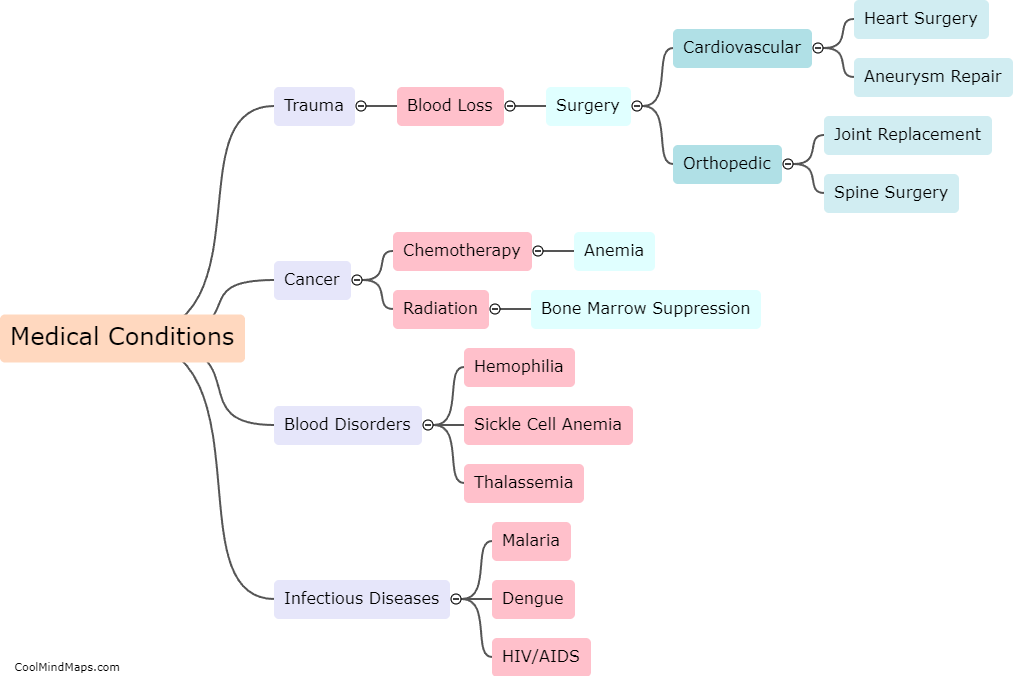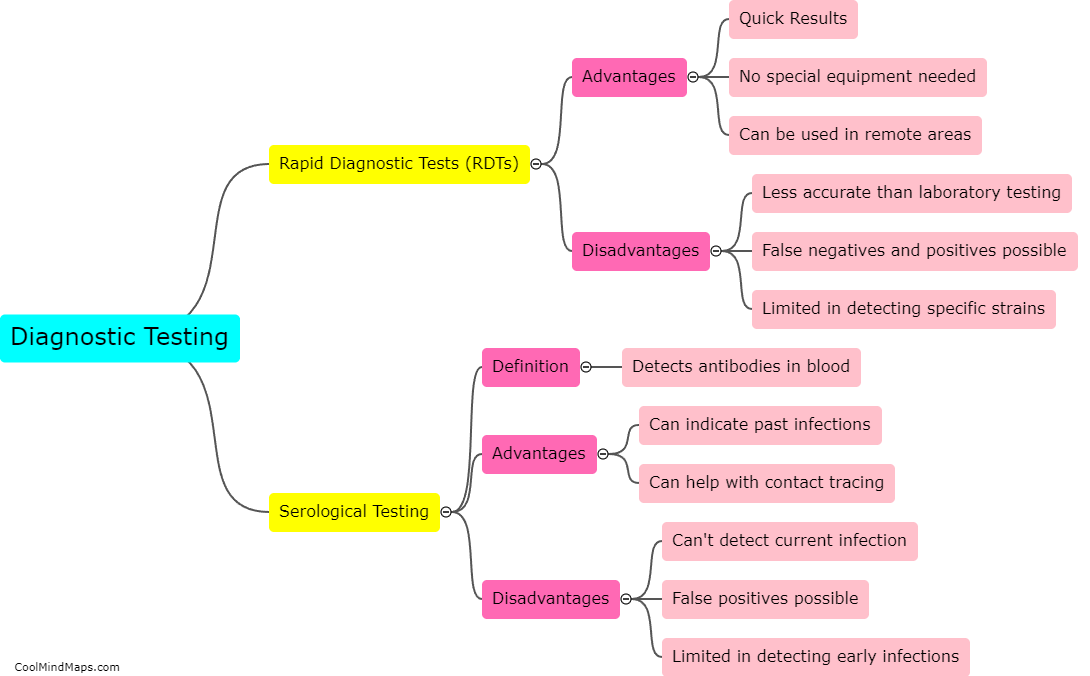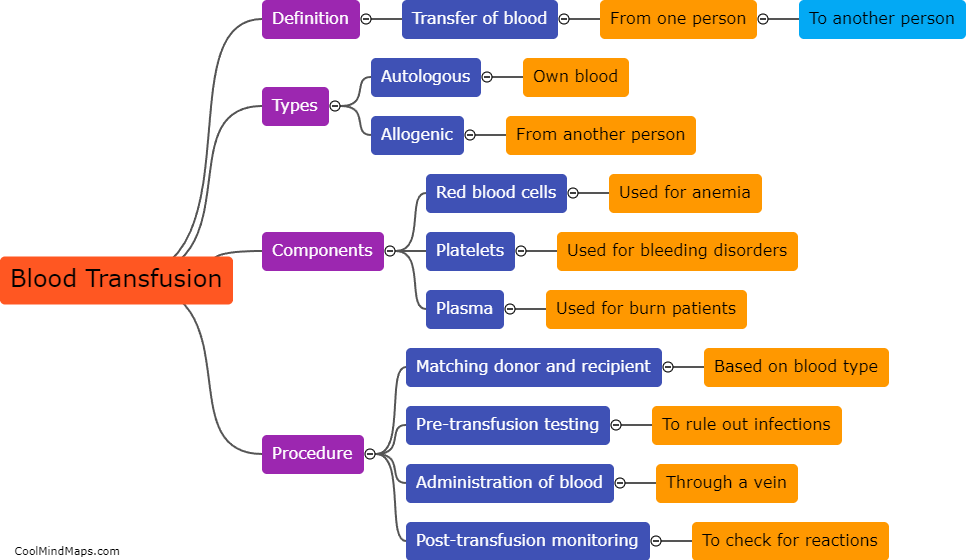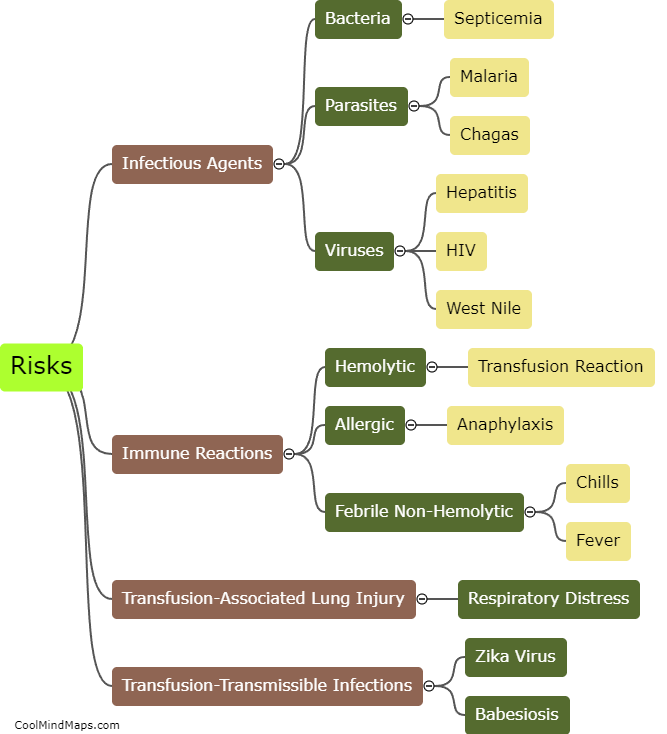What are the medical conditions that require blood transfusion?
Blood transfusions are often required in several medical conditions which can be classified as acute or chronic. Acute conditions that may require blood transfusion include trauma, blood loss from surgery or childbirth, accidents, or severe burns. Chronic conditions that may require blood transfusion include sickle cell anemia, thalassemia, and certain types of cancers such as leukemia and lymphoma. Blood transfusions are also necessary for patients undergoing certain medical procedures such as organ transplants. Drivers of this increased demand for blood transfusal can be from the patient's body not being replenished fast enough, or they may not produce enough blood cells on their own. Regardless of the reason, blood transfusions are an essential treatment in a range of medical situations, though the safety protocols in hospitals and clinics must be followed to ensure that such interventions do not expose the patients to infection or other risks.

This mind map was published on 25 June 2023 and has been viewed 145 times.











